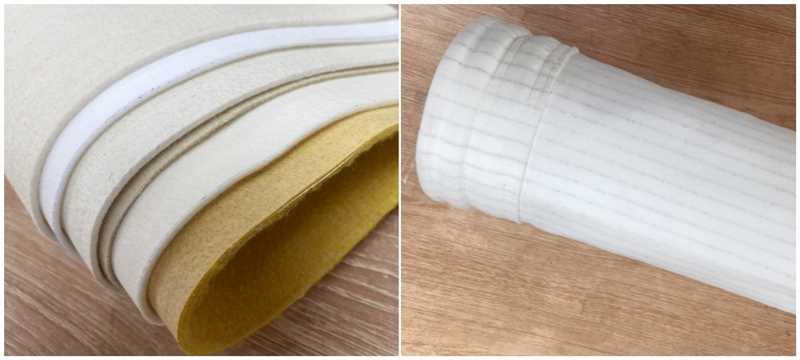
In the environmental protection industry, industrial filter cloth may seem inconspicuous, but it plays a crucial role in solid-liquid separation and gas-solid separation. Its performance directly affects pollution control efficiency and operational cost. This article takes sludge dewatering and flue gas treatment as examples to explain its applications.
Municipal and industrial wastewater generates large volumes of sludge with high moisture content, creating serious environmental burdens. Efficient dewatering is the foundation for resource utilization methods such as incineration, composting, and landfilling.
The core equipment for this process is the plate and frame filter press, and the key component is high-performance filter cloth. When sludge mixed with flocculants is injected into the filter press under high pressure, the filter cloth performs two critical functions:
Filtration and Separation – The precisely woven filter cloth allows water molecules (filtrate) to pass through smoothly while capturing solid particles, forming a filter cake inside the chamber.
Efficient Dewatering – During the membrane pressing stage, the filter cloth withstands enormous pressure, transmitting it evenly to the filter cake and squeezing out additional water.
As a result, sludge moisture content decreases and volume is reduced, significantly lowering transportation and disposal costs. This process also lays the groundwork for sludge to be transformed into energy or construction materials. The strength, abrasion resistance, and surface smoothness (easy cake release) of the filter cloth directly determine dewatering efficiency, energy consumption, and continuous operation.
The baghouse dust collector is the core equipment for removing particulate matter at industrial stack outlets, relying on thousands of filter bags.
Dust is captured through interception, inertial collision, and diffusion on the filter media fibers, forming an initial dust layer (“pre-coat”). This pre-coat itself becomes a more efficient filtration layer, capable of capturing even finer particles and ensuring ultra-low emission levels.
With dust filter bags, flue gas particulate concentration can meet strict environmental standards. For complex flue gas from waste incineration or chemical industries, advanced filter media with membrane coating or chemical impregnation can achieve synergistic purification.

From sludge dewatering to flue gas purification, industrial filter cloth is an essential material in environmental protection. Though not highly visible, it is the key to achieving high-efficiency, precise pollution control. As environmental regulations continue to tighten, the development and application of high-performance and multifunctional filter cloth will provide a stronger technical foundation for sustainable and green development.